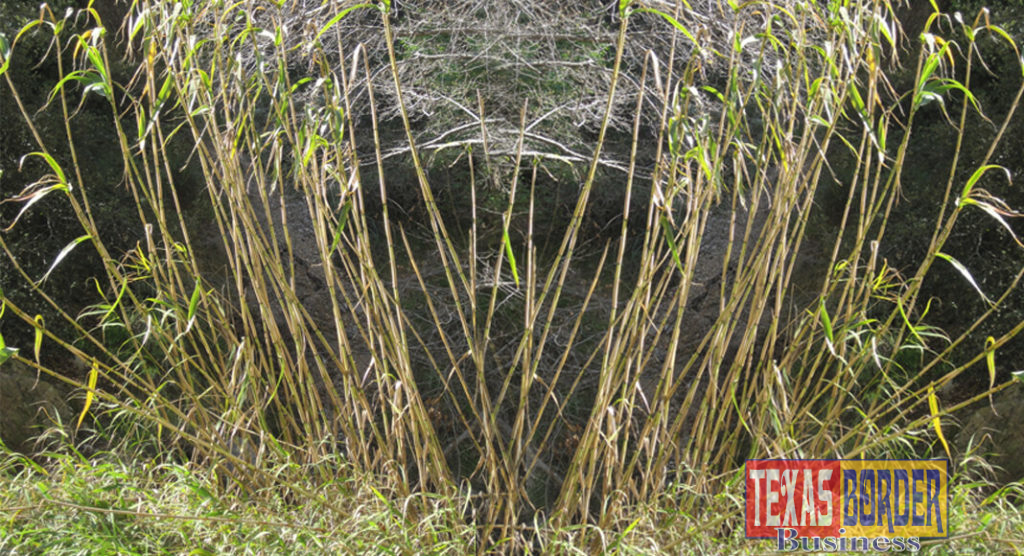
Texas Border Business
The United States Section of the International Boundary and Water Commission (USIBWC) scheduled a public meeting of the Lower Rio Grande Citizens Forum (LRGCF) on Wednesday, May 8, at the USIBWC office at 325 Golf Course Road in Mercedes, Texas. The purpose of the forum is to promote the exchange of information between the USIBWC and the community regarding Commission projects and related activities.
Dr. John Goolsby, Research Entomologist, U.S. Department of Agriculture, Agricultural Research Service (USDA-ARS), and Maricela Martinez Jimenez, Research Entomologist, Mexican Institute of Water Technology, will give an update on the Arundo donax biological control program on the Rio Grande. Arundo donax, also known as giant reed or carrizo cane, is an invasive weed of the Rio Grande Basin, infesting hundreds of thousands of acres of riverine habitat.
Giant reed causes a multitude of societal impacts including reduced water conservation, displacement of critical native vegetation, reduced access and visibility of the international border for law enforcement and spread of cattle fever ticks.
USDA-ARS, Customs and Border Protection and binational cooperators in Mexico developed and implemented a biological control program using specialist insects from the native range of Arundo donax in Spain. The program has been successful in reducing above-ground biomass of Arundo donax over a vast area of the Rio Grande Basin which has resulted in water savings, regrowth of native plants, mitigation of tick habitat, and increased visibility of the international border. This program is an example of a successful federal interagency and binational research effort.
Doug Schnoebelen, Ph.D., Branch Chief, South Texas, U.S. Geological Survey, will discuss how new technologies using real-time sensors for water flow and water quality are providing a better understanding of our water resources.
A complete agenda follows. Members of the public who would like more information about the meeting may call 956-565-3150 or e-mail lori.kuczmanski@ibwc.gov.















